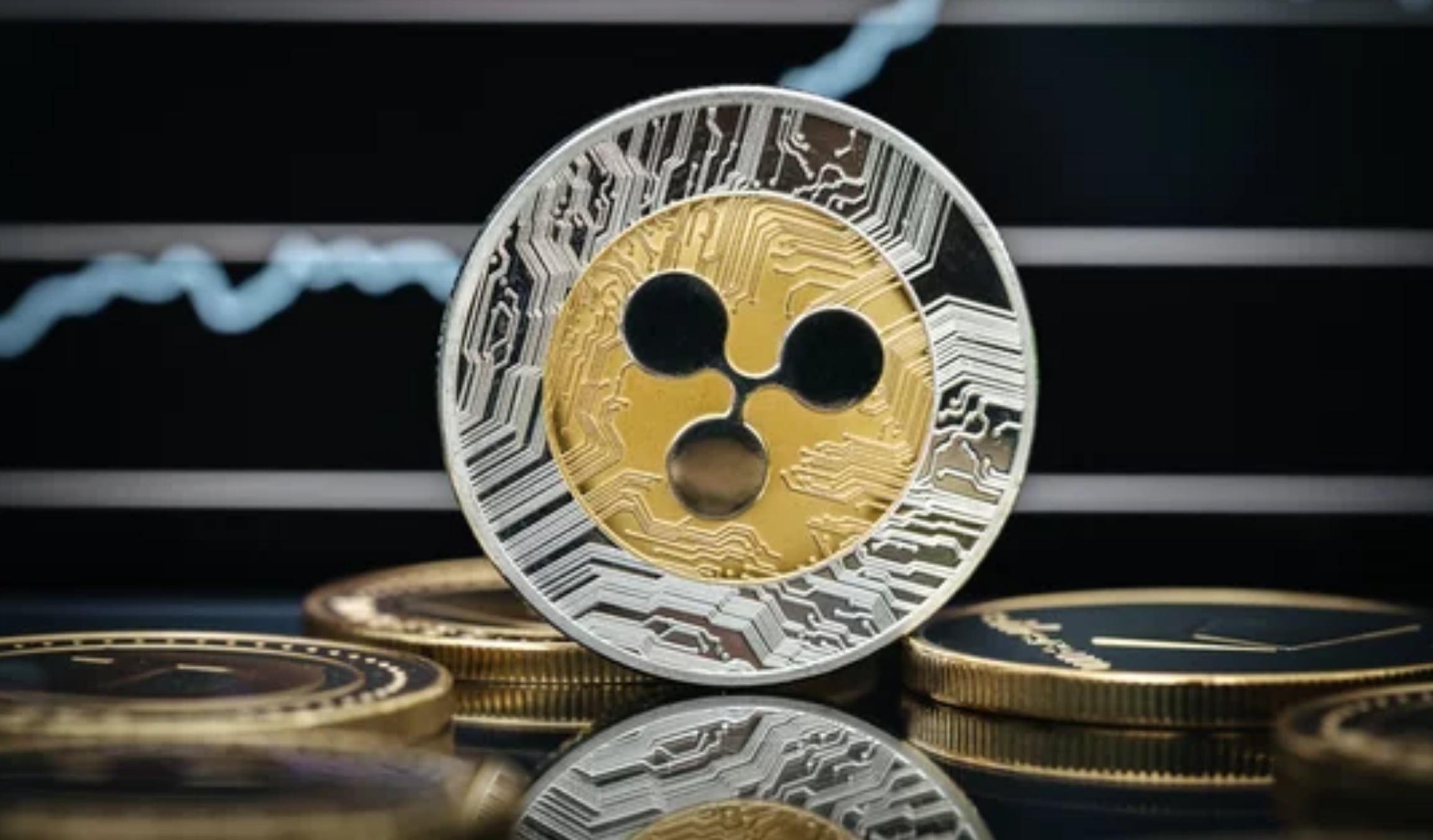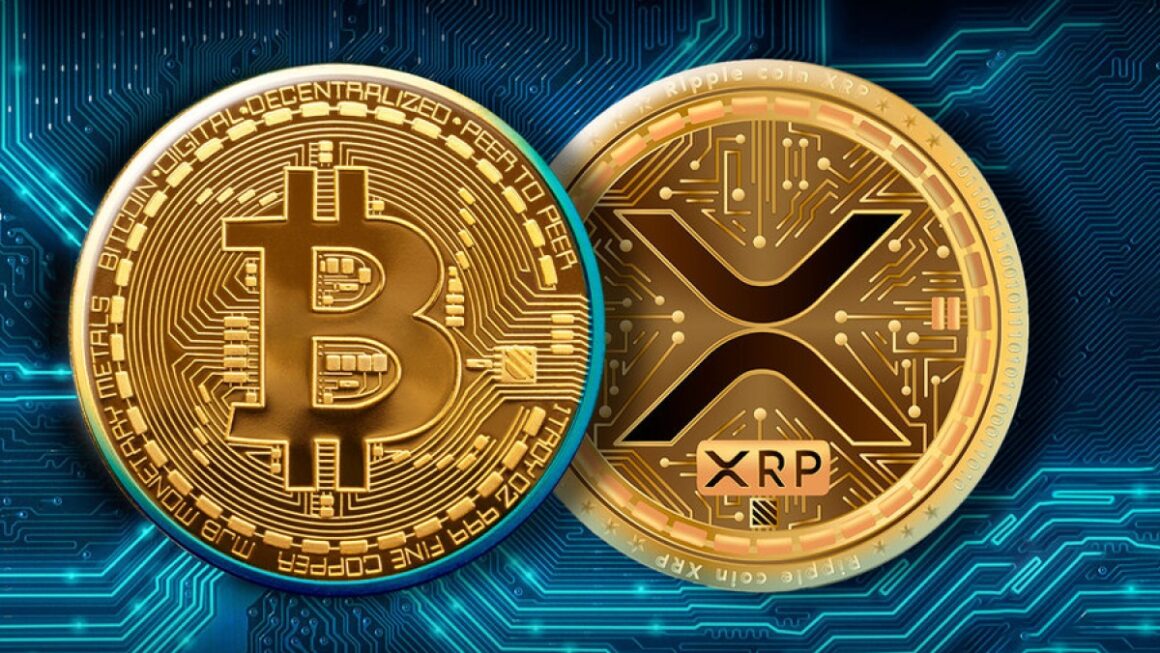Introduction
In a landmark decision, Ripple, the San Francisco-based technology company specialising in digital payments, has emerged victorious as XRP, its native cryptocurrency, has been declared not a security by the court. This ruling has significant implications for Ripple and the broader cryptocurrency industry. In this article, we will delve into the details of the verdict, its impact on Ripple and XRP, and what it means for the future of cryptocurrencies.
Understanding the Verdict
What is XRP?
XRP is a digital asset created by Ripple to facilitate fast and low-cost international money transfers. It operates on a decentralised ledger called the XRP Ledger, which distinguishes it from traditional fiat currencies and other cryptocurrencies like Bitcoin and Ethereum.
Ripple’s Legal Battle
Ripple has been embroiled in a legal battle with the U.S. Securities and Exchange Commission (SEC) since December 2020. The SEC alleged that Ripple had conducted an unregistered securities offering through XRP, positioning it as a security rather than a digital currency.
The Verdict
After months of legal proceedings and arguments from both sides, the court ruled in favour of Ripple, stating that XRP is not a security. The judge’s decision was based on several factors, including XRP’s decentralised nature and its existing utility within the Ripple ecosystem.
Implications for Ripple and XRP
Regulatory Clarity
The verdict brings much-needed clarity to the regulatory status of XRP. By affirming that XRP is not a security, it removes a significant obstacle for Ripple’s business operations and provides a framework for other projects utilising similar digital assets.
Market Confidence and Adoption
The court’s decision has already had a positive impact on market sentiment towards Ripple and XRP. Following the verdict, XRP experienced a surge in value, and investor confidence in Ripple’s technology and its commitment to compliance has been bolstered. This increased confidence is expected to drive further adoption of XRP as a means of cross-border payments.
Ripple’s Future Plans
With the legal cloud removed, Ripple can now focus on advancing its vision of enabling seamless and efficient global transactions. The company aims to continue collaborating with financial institutions and regulators to foster innovation and drive the adoption of digital assets in traditional finance.
Conclusion
The court’s verdict declaring XRP not a security is a significant win for Ripple and the entire cryptocurrency industry. It provides much-needed regulatory clarity, boosts market confidence, and paves the way for broader adoption of cryptocurrencies. Ripple can now concentrate on building partnerships and expanding its global reach. As the world embraces digital assets, Ripple is well-positioned to play a pivotal role in shaping the future of finance.
FAQs (Frequently Asked Questions)
- What does it mean for XRP to be declared not a security? When XRP is declared not a security, it means that it is recognised as a digital currency rather than an investment contract. This distinction has implications for its regulatory treatment and market acceptance.
- How did the court determine that XRP is not a security? The court considered various factors, including XRP’s decentralised nature and its utility within the Ripple ecosystem, to arrive at the decision that XRP should not be classified as a security.
- Will this ruling impact other cryptocurrencies? While this ruling specifically pertains to XRP, it sets a precedent and provides clarity on how regulators may approach similar cases involving digital assets.
- What are the benefits of the verdict for Ripple? The verdict provides Ripple with regulatory certainty, boosts investor confidence, and facilitates partnerships with financial institutions, thereby driving the adoption of Ripple’s technology and XRP.
- How will the verdict impact the broader cryptocurrency industry? The verdict sets a positive precedent for the regulatory treatment of cryptocurrencies, fostering innovation and paving the way for increased adoption in traditional finance.














